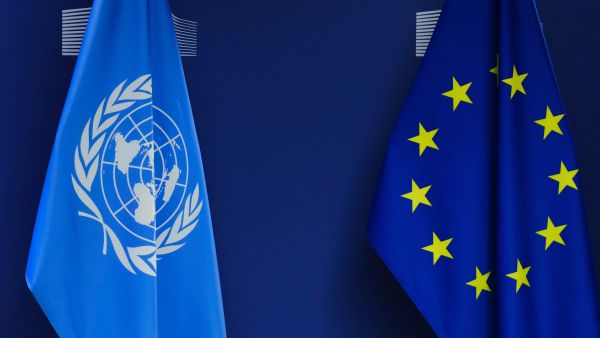Labour MEPs voted today for mandatory country of origin labelling for all meat in processed food, backing stronger traceability requirements for meat in burgers, ready meals and sandwiches.
Glenis Willmott MEP, Labour’s leader in Europe and European spokesperson on food safety, said:
"We now have country of origin labelling for fresh meat but MEPs have always been clear that the same rules should apply to meat in processed food.
"Ninety per cent of consumers want this information, which will allow them to make more informed decisions about the food they buy. This is about clear, honest labelling that doesn't mislead consumers. If a beef lasagne is labelled as a British product, then this should mean that it was made with British beef.
"Country of origin labelling will also help to restore trust in the food industry, which was badly damaged following the horsemeat scandal. Labour MEPs believe consumers have a right to know where their meat comes from and we've been calling for this for several years.
"I hope the European Commission will now listen to MEPs and consumers and extend mandatory country of origin labelling to all meat in processed food."
ENDS
For further information, please contact Shamik Das on 0044 7920 441362 or 0032 479 790053.
www.eurolabour.org.uk • @EuroLabour
Notes to Editors
1. Country of origin labelling is already mandatory for fresh beef and will be mandatory for fresh pig, sheep, goat and poultry meat from April 2015.
2. Under the EU's Food Information Regulation, the European Commission was required to come forward with a report on the possibility of extending country of origin labelling to cover meat in processed foods.
3. The report was published in December 2013 and found 90 per cent of consumers want this labelling.
4. The Resolution adopted today calls for the Commission to follow up that report with legislative proposals for mandatory country of origin labelling for all meat in processed foods.
5. For more information, please see Glenis Willmott MEP's blog: http://www.newstatesman.com/politics/2015/02/three-years-after-horsemeat-scandal-are-we-any-closer-knowing-what-were-eating








